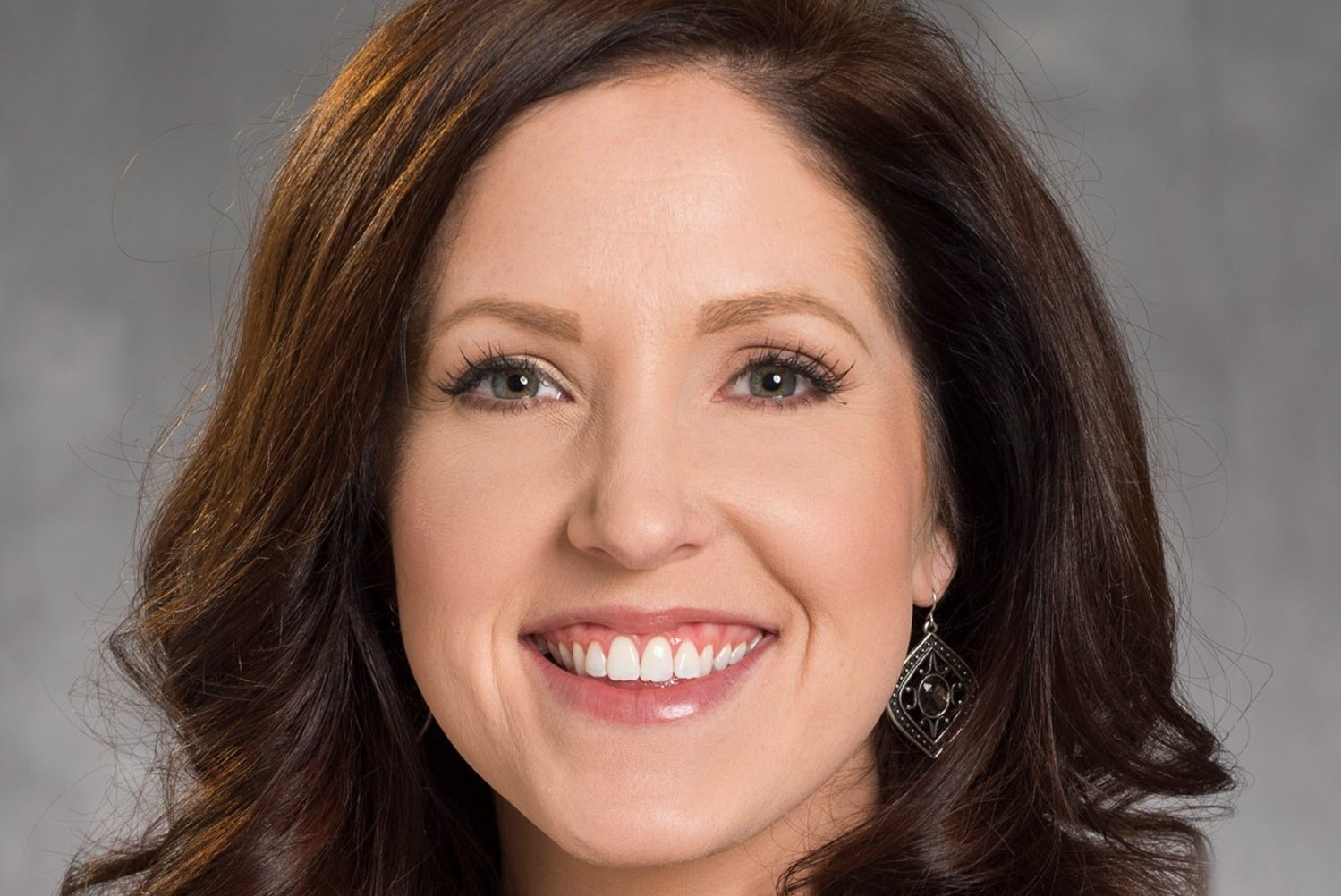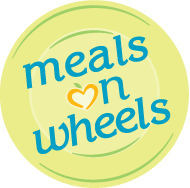Ask an expert: Why fighting social isolation matters

We spoke with Erica Berger, a licensed therapist with Allina Health, about the issue of social isolation and how it relates to the work of Meals on Wheels. Spoiler alert: When you’re helping the community by volunteering, it’s not just those you are serving who benefit.
Why is it important that we focus on alleviating loneliness or social isolation?
It is incredibly important that we, as a society, remain focused on this issue as the result can be detrimental to health and wellbeing. As humans, we are hard-wired from birth to be in connection with others. It is a survival mechanism to seek connection and feel as though we belong and can be truly seen for who we are. Research shows that loneliness can have a profound negative impact on a person’s mental, emotional, and physical health.
How are feelings of isolation or loneliness connected to physical health?
Research has shown that prolonged experiences of loneliness lead to increased depression, anxiety, and sleep disorders. Additionally, the stress on the body resulting from loneliness can lead to an increased risk of stroke, heart attack, obesity, chronic or acute pain, and even death.
Can volunteering help you feel more connected to your community?
Absolutely. Volunteering is a great way to feel connected to others and to activate the reward centers of our brain.
We hear from our volunteers and the people who get meals that just the little interaction that comes with dropping off the meal helps both the volunteer and the meal recipient feel more connected to their neighbors. Why can a brief interaction make such a difference?
The key to these brief interactions is in the shared space – the connection and compassion held for another person’s wellbeing. This sense of connection results in physiological changes in our bodies, including an activation of the portion of our brain responsive to receiving rewards or experiencing pleasure. The amazing thing is the more we experience these physiological changes, the more we are driven to be even more connected and compassionate toward others.
Culturally, there is a naturally shared community that revolves around a meal. This is true even in instances when the meal is not being consumed together, but we are simply connecting over the gift of nourishment. I believe this positively adds to the particular experience of Meals on Wheels programs and the way they help to connect people.
If you’re feeling lonely or isolated, what should you do?
Some things that can help combat feeling lonely or isolated include:
1. Joining a class or club (this can be in person or virtual) – This offers something where there is the ability to connect over a shared interest or experience.
2. Volunteer – This helps fuel connection and activate the positive psychological response in our systems.
3. Strengthen existing relationships – Loneliness can sometimes result in feelings of shame, which drives us to isolate further. It is so important that we combat the shame by acknowledging our experience (loneliness is a normal human emotion) and seek to connect with those existing relationships in our lives.
4. Adopt a pet or volunteer in an animal shelter – There is incredible evidence around the positive impact on connection even with animals that helps to reduce the feeling and impact of loneliness. Not only that, but pets can naturally help us to connect with other people over the shared interest (whether running into people while out walking the dog, interacting with other volunteers while at a local shelter, etc.).
5. Talk to strangers – The small interactions between people matter! Interacting with those around you can support this.
6. Seek therapy – Loneliness (depending on intensity and duration), can bring about significant shame and be challenging to combat. Seeking out therapy can be a helpful way to process this further, work through the shame and other challenging emotions, and gain additional tools to support fostering positive connections.
Partnering with Allina Health to fight loneliness in our community
Allina Health and Meals on Wheels are partnering together to build deeper connections between the volunteer, meal recipient, and caregiver through a client-focused mobile application and sharing resources from the Allina Health initiative, Hello4Health.
Hello4Health is an online resource designed to build or strengthen the social connections in our lives, providing fun activities to connect with others and tips to make connecting easier for people of all ages. Learn more at hello4health.org.
Also part of the partnership, Allina Health supported Meals on Wheels with a generous grant that will connect eligible Allina Health patients with Meals on Wheels while covering the cost of the first two weeks of meal service.
Forty-three percent of adults aged 60 or older report feeling lonely according to a report from the National Academies of Sciences, Engineering, and Medicine. Social isolation and loneliness for older adults are associated with an increased likelihood of early death, dementia, heart disease, and other negative mental and physical health outcomes. It’s easy to forget just how important it is to maintain relationships, and too many of our aging neighbors spend their time at home and alone.

